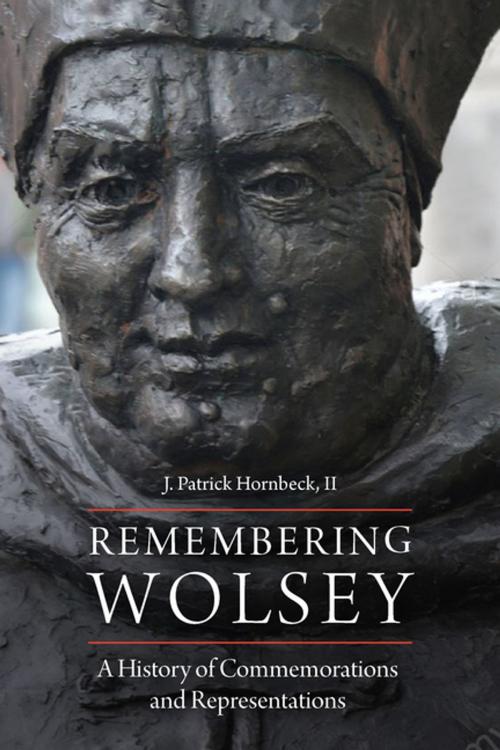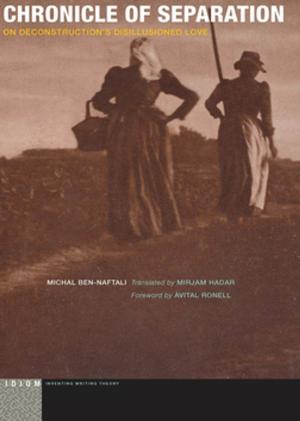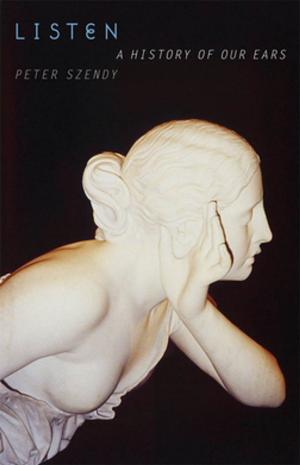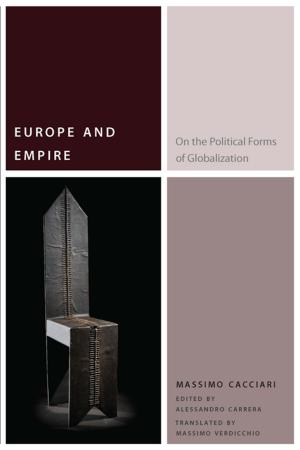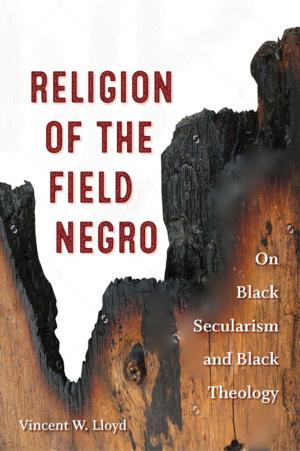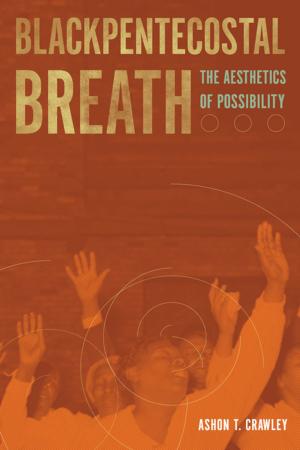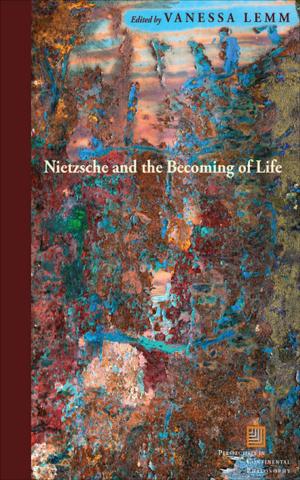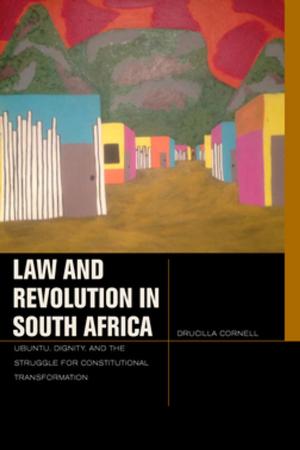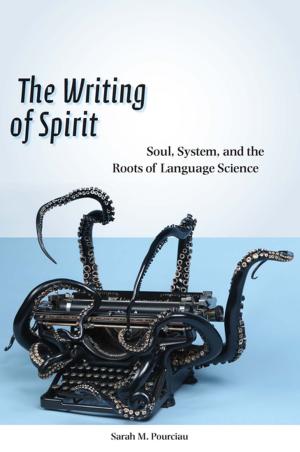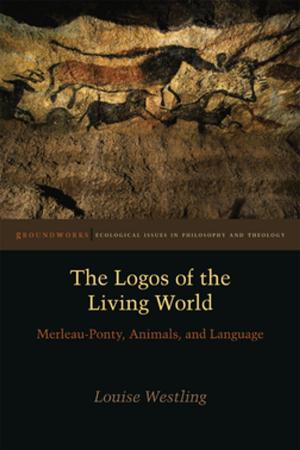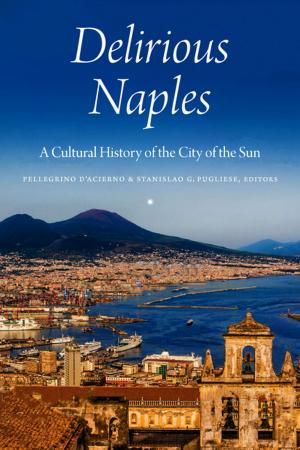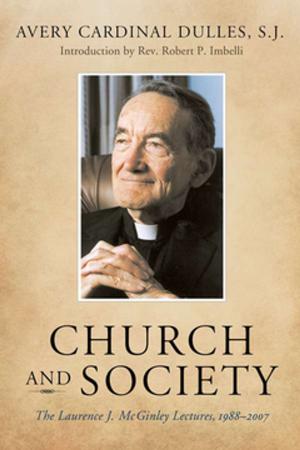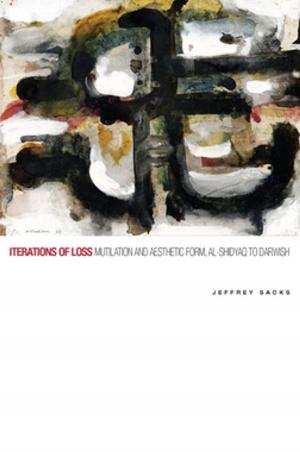Remembering Wolsey
A History of Commemorations and Representations
Nonfiction, Religion & Spirituality, Reference, History, Entertainment, Film, History & Criticism, British| Author: | J. Patrick Hornbeck II, II | ISBN: | 9780823282197 |
| Publisher: | Fordham University Press | Publication: | February 5, 2019 |
| Imprint: | Fordham University Press | Language: | English |
| Author: | J. Patrick Hornbeck II, II |
| ISBN: | 9780823282197 |
| Publisher: | Fordham University Press |
| Publication: | February 5, 2019 |
| Imprint: | Fordham University Press |
| Language: | English |
Remembering Wolsey seeks to contribute to our understanding of historical memory and memorialization by examining in detail the commemoration and representation of the life of Thomas Wolsey, the sixteenth-century cardinal, papal legate, and lord chancellor of England. Hornbeck surveys a wide range of representations of Cardinal Wolsey, from those contemporary with his death to recent mass-market appearances on television and historical fiction, to go beyond previous scholarship that has examined Wolsey only in an early modern context.
Remembering Wolsey contributes significantly to the ongoing reimagining of English church history in the years prior to the Reformation. Surveying chronicle accounts, pamphlets, plays, poems, historical fictions, works of historical scholarship, civic pageants and monuments, films, and television programs, the book shows how an extended sequence of authors have told widely varying stories about Wolsey’s life, often through the lens of their own religious and ideological commitments and/or in response to the pressing concerns of their times.
Remembering Wolsey seeks to contribute to our understanding of historical memory and memorialization by examining in detail the commemoration and representation of the life of Thomas Wolsey, the sixteenth-century cardinal, papal legate, and lord chancellor of England. Hornbeck surveys a wide range of representations of Cardinal Wolsey, from those contemporary with his death to recent mass-market appearances on television and historical fiction, to go beyond previous scholarship that has examined Wolsey only in an early modern context.
Remembering Wolsey contributes significantly to the ongoing reimagining of English church history in the years prior to the Reformation. Surveying chronicle accounts, pamphlets, plays, poems, historical fictions, works of historical scholarship, civic pageants and monuments, films, and television programs, the book shows how an extended sequence of authors have told widely varying stories about Wolsey’s life, often through the lens of their own religious and ideological commitments and/or in response to the pressing concerns of their times.
